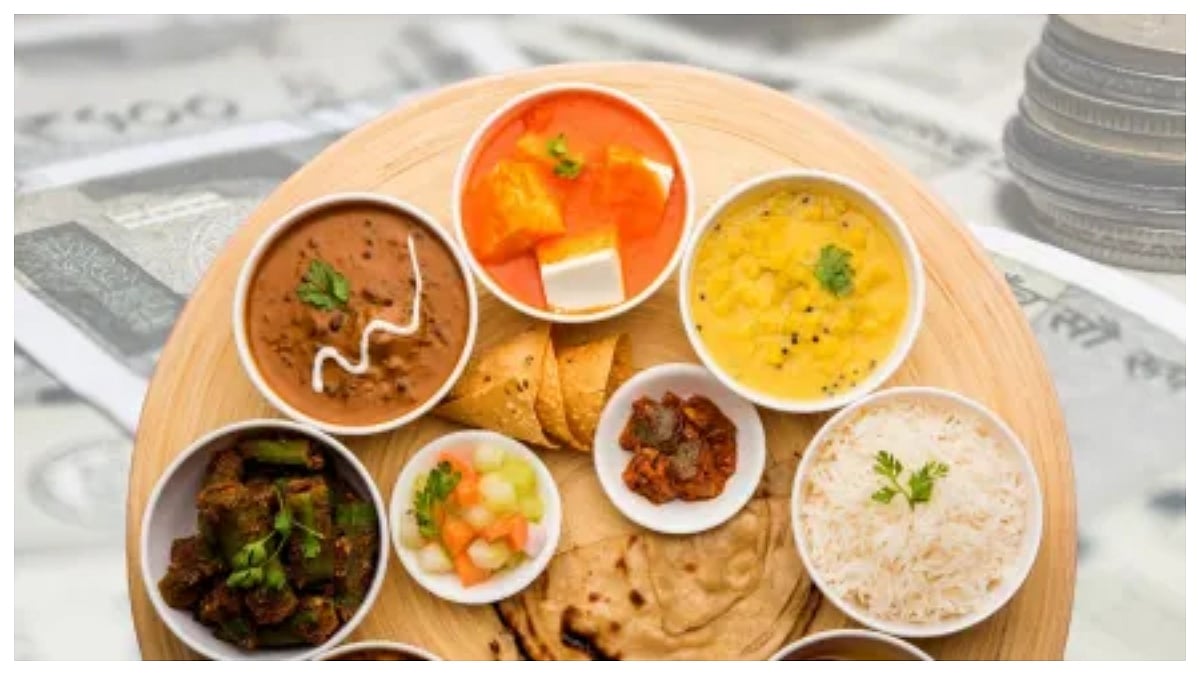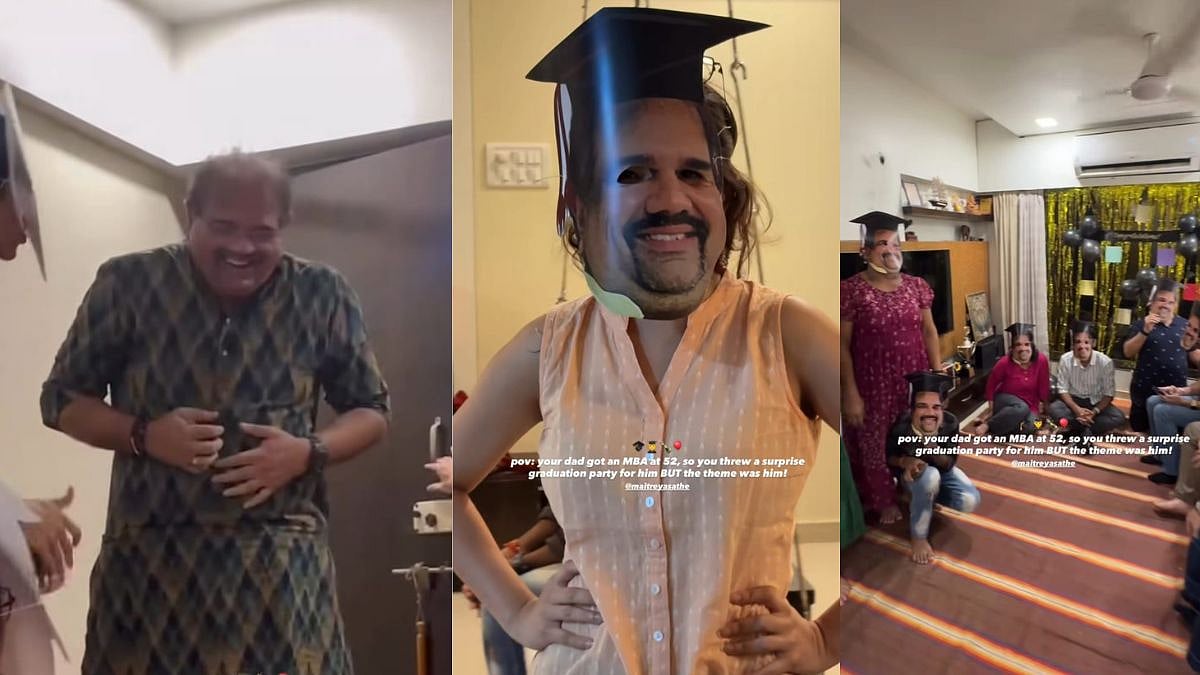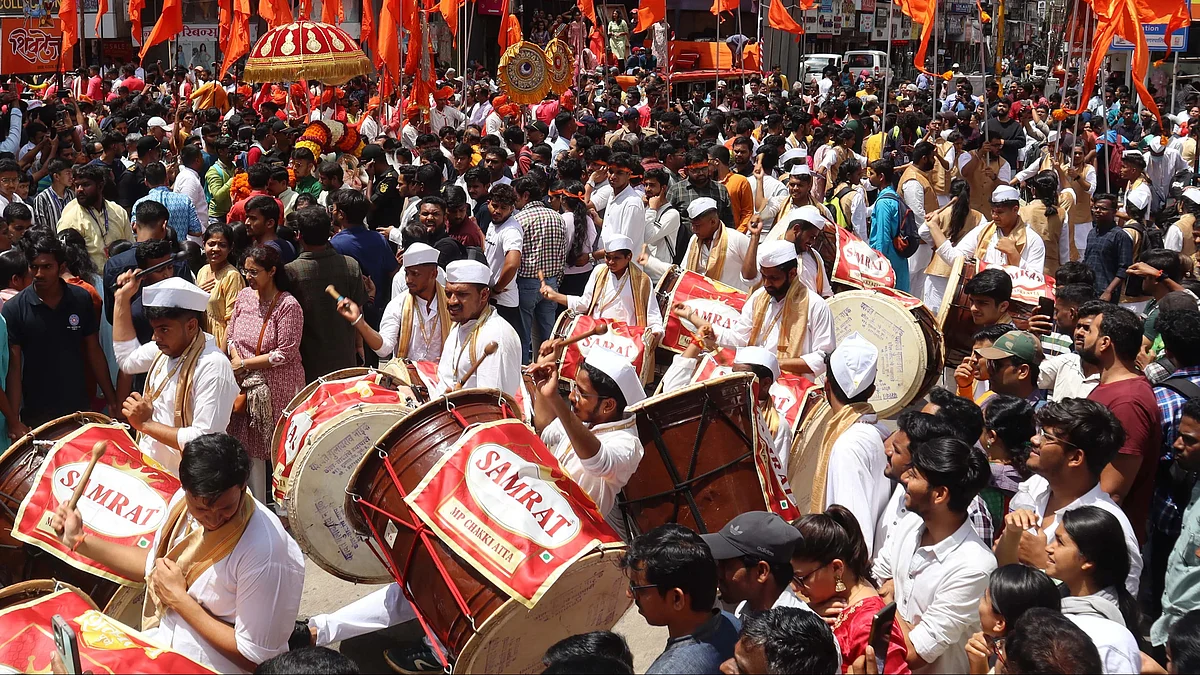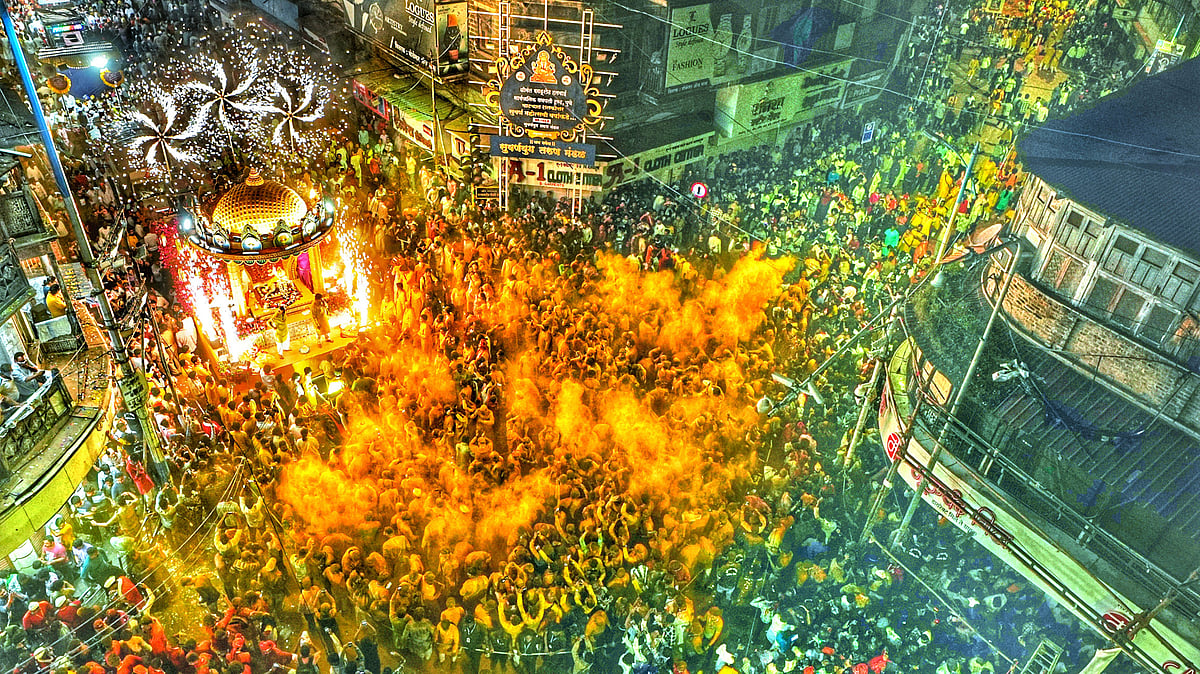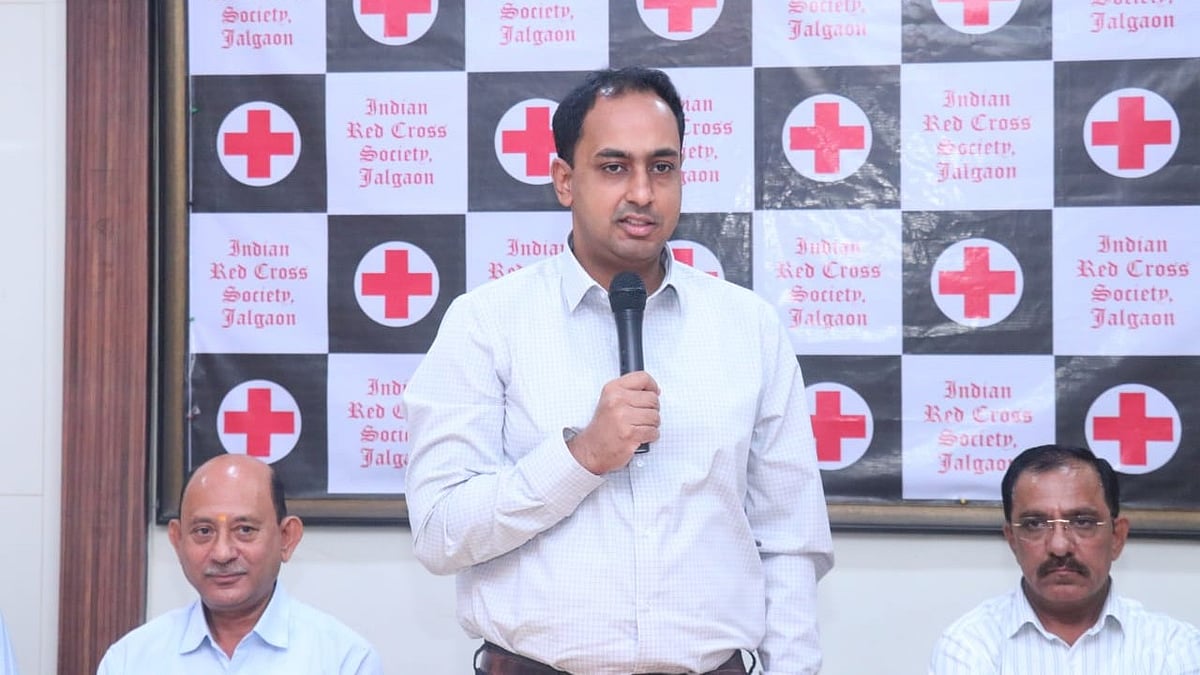As Indic historians focus on incorporating medieval kingdoms, rulers, and ways of life from an Indic perspective, and Indian history is being re-evaluated to provide a rational account of Mughal history, it is equally important to highlight the syncretism that resulted from the intermingling of cultures and civilizations.
This syncretism is apparent among Indian Muslims who embrace their Hindu cultural heritage by studying Sanskrit, reading the Bhagavad Gita, and celebrating Hindu festivals such as those honouring deities like Goddess Kali and Lord Ganesha.
They also teach their children about the Ramayana and the Mahabharata. Similarly, Hindus reciprocate this assimilation by learning the art of calligraphy, reading the Quran in Hindi, and becoming proficient in Persian and Urdu languages.
Nikhil Paranjape, a software engineer from Pune, is a prime example of this syncretism.
When he stumbled upon inscriptions on stone in Modi script
Paranjape's interest in the Persian language began when he stumbled upon inscriptions on stone in the Modi script while trekking to forts around Pune.
Intrigued, he became fascinated by medieval history and decided to learn the script.
The Modi script is a historical writing system developed in the 17th century by Hemadri, a Brahmin minister in the court of Shivaji Maharaj, the founder of the Maratha Empire.
It was primarily used to write the Marathi language, which is spoken in the Indian state of Maharashtra, for official and private correspondence, as well as for writing literature until the 20th century.
The Modi script employs an abugida, wherein each consonant has a built-in vowel sound, that can be modified or removed using diacritic marks.
The writing system is from left to right and uses a series of connected, cursive strokes to form letters. It possesses a distinct visual style that distinguishes it from other writing systems like Devanagari used in India.
Nevertheless, it fell out of favour in the early 20th century due to the rising popularity of Devanagari, which was perceived as more standardized and easier to read.
Presently, Devanagari is the official script for writing Marathi, and the Modi script is considered outdated.
Despite this, it remains a crucial part of Marathi culture and is still utilized in some limited contexts, like titles of historical documents and inscriptions on monuments.

Visit to exhibition held by Bharat Itihas Sanshodak Mandal
Nikhil Paranjape's interest in ancient manuscripts was further kindled by a visit to an exhibition held by the Bharat Itihas Sanshodak Mandal, an institute in Pune that offers resources for historical researchers.
At the exhibition, he was intrigued by the farmans (orders/decrees) issued by Muslim rulers, notably the Mughal emperors, which were written in Persian, a language that is now considered obsolete in India with very few people proficient in it.
This led him to first learn the Modi script, which was commonly used in the medieval period to write in the primary language of the kingdom, along with other local languages such as Marathi, Kannada, Telugu, and Sanskrit. Later, he also learned Persian at the local Imambada.
Software developer who teaches Persian
Nikhil, a software developer by profession, pursued Persian classes to quench his curiosity and learn the contents of the ancient scripts.
He had small Iranian children as his classmates who were also learning Persian.

Paranjape and Imambada
Pune, his hometown, has a little-known local Imambada.
A small community of Iranian Shia Muslims residing in the city frequently visit the Imambada, which serves as their religious and community centre.
Nikhil had once visited the Imambada out of curiosity before beginning his Persian lessons.
It was during the month of Muharram, and the recitation of the Noha, a poem of mourning for the Karbala tragedy, was about to begin.
Unaware of the occasion, Nikhil asked one of the little girls if it was time for prayer. The girl was confused and asked if he was not a Muslim.
Nikhil replied in the negative, and the girl ran to tell her teacher that "this uncle" was not a Muslim.
At first, Nikhil was afraid of the potential consequences, but he was relieved when the teacher reassured him that it was acceptable for him to be there, even though he was not Muslim. This interaction taught Nikhil that religion did not matter when visiting the Imambada.
"Language and religion should not be linked"
Nikhil believes that language and religion should not be inherently linked and cites an example of his Muslim friend who learned Sanskrit.
He is passionate about learning Persian, which he sees as closely connected to India due to their shared Indo-European roots.
After gaining proficiency in the basics, he pursued a diploma and an advanced diploma in Persian at Bombay University.
Nikhil's love for Iranian cinema, especially the works of Majid Majidi, influenced his decision to study the language.
Nikhil teaches the Persian language and shares his experiences with Iranian cinema and language.
He integrates his knowledge of history, modern spoken Persian, and common words to provide a better understanding of the language.
Courses by Nikhil Paranjape
Nikhil taught a short-term course in Pune and Mumbai before proposing a Persian language course at Pune University.
The course was held online, and 100 students from various parts of India, the United States, the United Kingdom, and Indonesia attended and enjoyed it.
Nikhil teaches the Persian language at the Iran Culture House in Mumbai and translates Persian transcripts for people pursuing their PhD in history.
He also has an interest in pneumatics and a collection of coins from various historical periods, which he can easily read the inscriptions on with his knowledge of Indo-Arabic and Persian.
Nikhil made an important discovery about a Mughal mint in Balasore, Orissa State, after deciphering an inscription on a coin that his friend had sent him, and his friend published a research article giving him credit for the discovery.
Nikhil is a teacher of the Persian language, and he teaches it at various institutions in Pune and Mumbai.
He is also passionate about history and has published research papers on different subjects, including Aurangzeb and the letters of the maternal uncle of the first Baji Rao Peshwa.
He has plans to develop both basic and advanced courses in the Persian language for the university, and he is interested in further exploring the Persian language.
He teaches Shotokan karate to children, enjoys trekking, and is invited to celebrate the Persian New Year by the Iranian community in his city.


